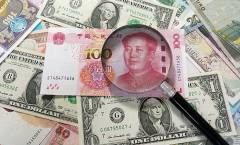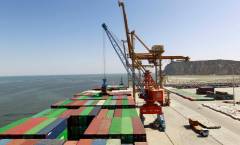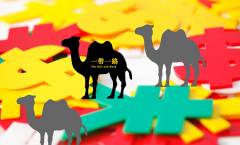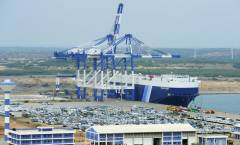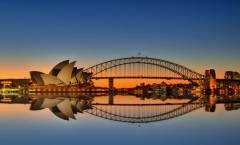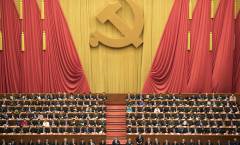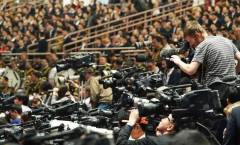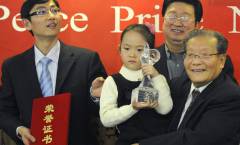On September 28th, Zimbabwean President and current Chair of the African Union, Robert Mugabe, was declared the honourable recipient of the Confucius Peace Prize. To put it mildly, the news has managed to raise an eyebrow or two. However, to the dismay of many, the winner seems to have actually declined the award – a tasteful golden figurine of Mr Confucius himself – as well as the 500,000 yuan (around 78,910 US Dollars) cash prize. The surprising turn of events has left us with only one question: why was the prize rejected? According to Liu Zhiqin, whom The Global Times describes as a ‘special consultant’ to the judging panel of the Confucius Peace Prize, the Zimbabwean leader may have refused the award due to ‘political pressure’ – arguably inflicted by the Western media or Zimbabwean political opponents. However, it seems that Mugabe has refused the award after discovering it actually bears no relation to the Chinese government. According to The Guardian, Mugabe’s his spokesman George Charamba stated “The Chinese government informed the Zimbabwean government it was not associated with the conferring organization. The matter ended there as far as government and the president were concerned.” Instead, the Confucius Peace Prize – which seems fairly unknown amongst most Chinese – was founded by a group of scholars in 2010 as a […]
Uncategorized
Dec 5, 2015
